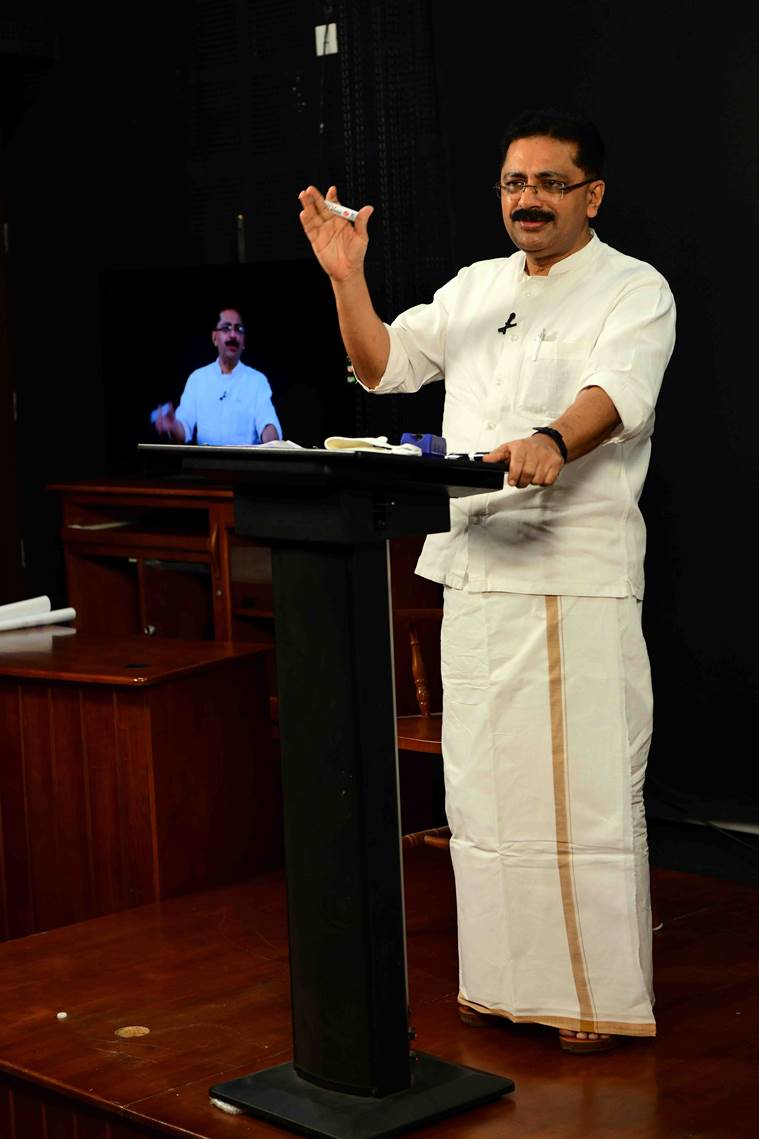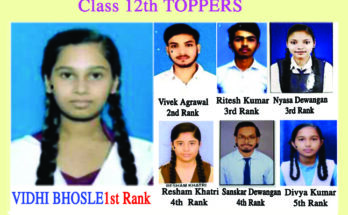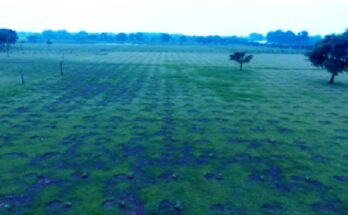Kochi : June 1, 2020 .Every year, June 1 is special to Keralites for two reasons: the start of the academic session for students and the onset of the annual southwest monsoon. While the monsoon has certainly stuck to its promise, the students this year, due to the coronavirus lockdown, will remain confined in their homes. But that doesn’t mean they are deprived of their education. Though schools will remain out of bounds to them, virtual classes, through television and the internet, began Monday for over 43 lakh students in government and aided schools in Kerala.
On the orders of the public education department, the Kerala Infrastructure and Technology for Education (KITE), in conjunction with Samagra Shiksha Kerala (SSK) and State Council for Educational Research and Training (SCERT), has arranged modules that range from 30 minutes to two hours for students of classes from 1 to 12, except those of class 11. These modules, titled First Bell, are telecast through the KITE-Victers channel from 8:30 am to 5:30 pm on weekdays and then shared digitally through the Victers website and social media platforms such as Facebook and youTube. There will be a re-telecast of the sessions in the evenings and on weekends. Detailed time-tables for each class, specifying the subject, will be shared in advance. The television channel is available on major cable and DTH networks.
The virtual teaching sessions are being conducted on a trial basis for the first week to gauge the response of the students as well as the parents to the new technologies.
The online classes are not a replacement for studies that should naturally take place in classrooms. However, this time should be productively utilised for the education of students, a circular from the public education department said.
The department said that for students whose households dont have TV, smartphone or an internet connection, opportunities for viewing the classes must be made available. The class-teacher must interact with the student and arrange an alternate mechanism for the student to get access to the classes. Since the sessions for each grade range from 30 minutes to two hours, arrangements can be made for students to get access to such classes through the internet. To make such arragements, depending on the circumstances of the region and the comfort of the student, different ways can be followed. Arragements can be made at the house of a neighbouring classmate, an Akshaya centre or public library with adequate social distancing norms.

After each class, the teacher must interact with the student via social media or phone about the class and what he/she learnt from it and motivate them to attend the classes.
“Not a single student, who may not have a TV, smartphone or internet, must be deprived of the educational opportunities. Class teachers must engage with the students before-hand to understand the limitations he/she may face,” the government statement read.
A survey conducted by the General Education Department in May among 43.76 lakh students in government and aided schools found that nearly 6% of them had no access to television, computers or smartphones with internet. In absolute numbers, this amounted to 2.6 lakh students. The district with the maximum number of such students was Wayanad, also home to a large tribal population. In Wayanad, 21,653 students or 15% of the students in the district, had no access to TV, computers or smartphones. Based on the feedback of the survey, the government plans to use the infrastructure built up at high-tech schools including TVs and projectors for such students.
A top official of the Samagra Shiksha Kerala acknowledged that such problems existed especially among tribal hamlets in Wayanad. He added that alternate facilities to view the classes through VICTERS are being simultaneously made at ‘pratibha kendras’ and clubs with social distancing norms in place for students who have no modern tech facilities at home. SSK volunteers, teachers and local body members are coordinating measures to make the arrangements.
“Through this week, we will take note of the complaints that come in and take corrective measures,” he said.




